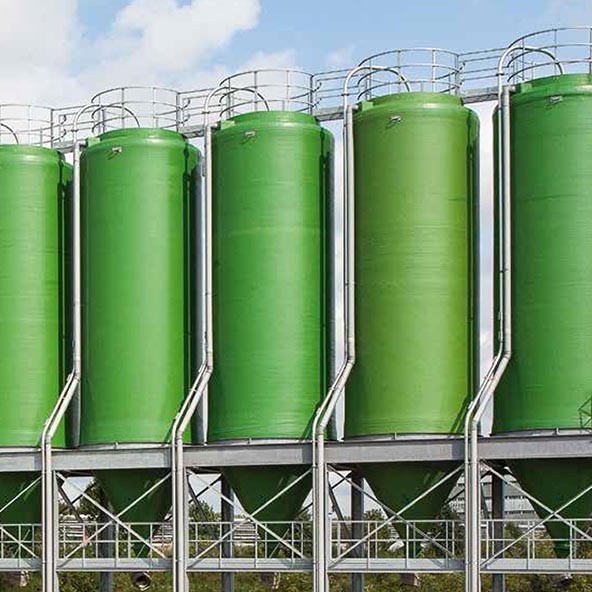
-
 Afrikaans
Afrikaans -
 Albanian
Albanian -
 Amharic
Amharic -
 Arabic
Arabic -
 Armenian
Armenian -
 Azerbaijani
Azerbaijani -
 Basque
Basque -
 Belarusian
Belarusian -
 Bengali
Bengali -
 Bosnian
Bosnian -
 Bulgarian
Bulgarian -
 Catalan
Catalan -
 Cebuano
Cebuano -
 China
China -
 China (Taiwan)
China (Taiwan) -
 Corsican
Corsican -
 Croatian
Croatian -
 Czech
Czech -
 Danish
Danish -
 Dutch
Dutch -
 English
English -
 Esperanto
Esperanto -
 Estonian
Estonian -
 Finnish
Finnish -
 French
French -
 Frisian
Frisian -
 Galician
Galician -
 Georgian
Georgian -
 German
German -
 Greek
Greek -
 Gujarati
Gujarati -
 Haitian Creole
Haitian Creole -
 hausa
hausa -
 hawaiian
hawaiian -
 Hebrew
Hebrew -
 Hindi
Hindi -
 Miao
Miao -
 Hungarian
Hungarian -
 Icelandic
Icelandic -
 igbo
igbo -
 Indonesian
Indonesian -
 irish
irish -
 Italian
Italian -
 Japanese
Japanese -
 Javanese
Javanese -
 Kannada
Kannada -
 kazakh
kazakh -
 Khmer
Khmer -
 Rwandese
Rwandese -
 Korean
Korean -
 Kurdish
Kurdish -
 Kyrgyz
Kyrgyz -
 Lao
Lao -
 Latin
Latin -
 Latvian
Latvian -
 Lithuanian
Lithuanian -
 Luxembourgish
Luxembourgish -
 Macedonian
Macedonian -
 Malgashi
Malgashi -
 Malay
Malay -
 Malayalam
Malayalam -
 Maltese
Maltese -
 Maori
Maori -
 Marathi
Marathi -
 Mongolian
Mongolian -
 Myanmar
Myanmar -
 Nepali
Nepali -
 Norwegian
Norwegian -
 Norwegian
Norwegian -
 Occitan
Occitan -
 Pashto
Pashto -
 Persian
Persian -
 Polish
Polish -
 Portuguese
Portuguese -
 Punjabi
Punjabi -
 Romanian
Romanian -
 Russian
Russian -
 Samoan
Samoan -
 Scottish Gaelic
Scottish Gaelic -
 Serbian
Serbian -
 Sesotho
Sesotho -
 Shona
Shona -
 Sindhi
Sindhi -
 Sinhala
Sinhala -
 Slovak
Slovak -
 Slovenian
Slovenian -
 Somali
Somali -
 Spanish
Spanish -
 Sundanese
Sundanese -
 Swahili
Swahili -
 Swedish
Swedish -
 Tagalog
Tagalog -
 Tajik
Tajik -
 Tamil
Tamil -
 Tatar
Tatar -
 Telugu
Telugu -
 Thai
Thai -
 Turkish
Turkish -
 Turkmen
Turkmen -
 Ukrainian
Ukrainian -
 Urdu
Urdu -
 Uighur
Uighur -
 Uzbek
Uzbek -
 Vietnamese
Vietnamese -
 Welsh
Welsh -
 Bantu
Bantu -
 Yiddish
Yiddish -
 Yoruba
Yoruba -
 Zulu
Zulu
fiberglass customized product
The Versatility of Fiberglass Customized Products
Fiberglass is a material that has revolutionized various industries due to its exceptional properties, including strength, lightweight, corrosion resistance, and versatility. Among its many applications, fiberglass is increasingly used in customized products that cater to specific needs across various sectors, from construction to automotive, marine, and even consumer goods. This article explores the benefits of fiberglass for customized products and the diverse applications where this material shines.
Understanding Fiberglass
Fiberglass, or glass-reinforced plastic (GRP), is made from fine fibers of glass that are woven together and reinforced with resin. This combination results in a strong yet lightweight material that can be molded into complex shapes. The impressive strength-to-weight ratio of fiberglass makes it an ideal choice for customized products that require both durability and low weight.
Benefits of Fiberglass Customized Products
1. Tailored Solutions One of the primary advantages of fiberglass customized products is their ability to be tailored to specific requirements. Whether it’s for industrial machinery, boat hulls, or decorative items, fiberglass can be molded into any shape or size. This customizability allows manufacturers to meet unique client needs effectively.
2. Corrosion Resistance Fiberglass is naturally resistant to water and chemicals, making it ideal for products used in harsh environments. For example, in marine applications, fiberglass boats and components endure exposure to saltwater without degrading. Similarly, in the chemical industry, customized storage tanks made from fiberglass can hold aggressive substances without risk of corrosion.
3. Lightweight and Strong The combination of strength and lightness is one of fiberglass's standout features. This is particularly critical in industries where weight reduction translates directly into fuel efficiency, such as in automotive and aerospace manufacturing. Customized fiberglass parts can significantly reduce vehicle weight, thereby enhancing performance and fuel economy.
4. Aesthetic Appeal Customization also extends to the visual aspects of fiberglass products. Fiberglass can be finished in a variety of colors and textures, making it suitable for consumer goods and architectural elements. Designers can create unique, eye-catching products that are both functional and aesthetically pleasing.
5. Cost-Effectiveness While the initial investment in fiberglass manufacturing might be higher compared to other materials, the long-term benefits often justify the cost. Fiberglass products typically require less maintenance, have a longer lifespan, and often result in reduced operational costs, especially in industries such as construction and transportation.
fiberglass customized product

Applications of Fiberglass Customized Products
The applications of fiberglass customized products span a wide range of industries
- Construction Customized architectural elements such as columns, facades, and roofing are often made from fiberglass due to its versatility and lightweight properties
. It allows for innovative designs that traditional materials might not accommodate.- Marine Fiberglass is the material of choice for boat manufacturers. Customized hull shapes can optimize performance on the water while ensuring durability against harsh marine conditions.
- Automotive Many automotive manufacturers use fiberglass for custom body panels, fenders, and even interiors. The lightweight nature of fiberglass enhances vehicle efficiency.
- Consumer Goods From custom-made furniture to decorative items, fiberglass is increasingly being used in consumer products. Its ability to be molded into elaborate shapes makes it a favorite for designers.
- Industrial Applications In the industrial sector, fiberglass is used for customized equipment, safety barriers, and enclosures. Its strength and durability make it suitable for demanding environments.
Conclusion
The significance of fiberglass in the realm of customized products cannot be overstated. Its unique properties allow for innovative designs that are both functional and appealing across various industries. As technology advances and manufacturers continue to explore the potential of this versatile material, the future looks bright for fiberglass customized products. Whether it's improving performance in transportation or creating visually stunning architectural features, fiberglass is undoubtedly a key player in modern manufacturing and design.









